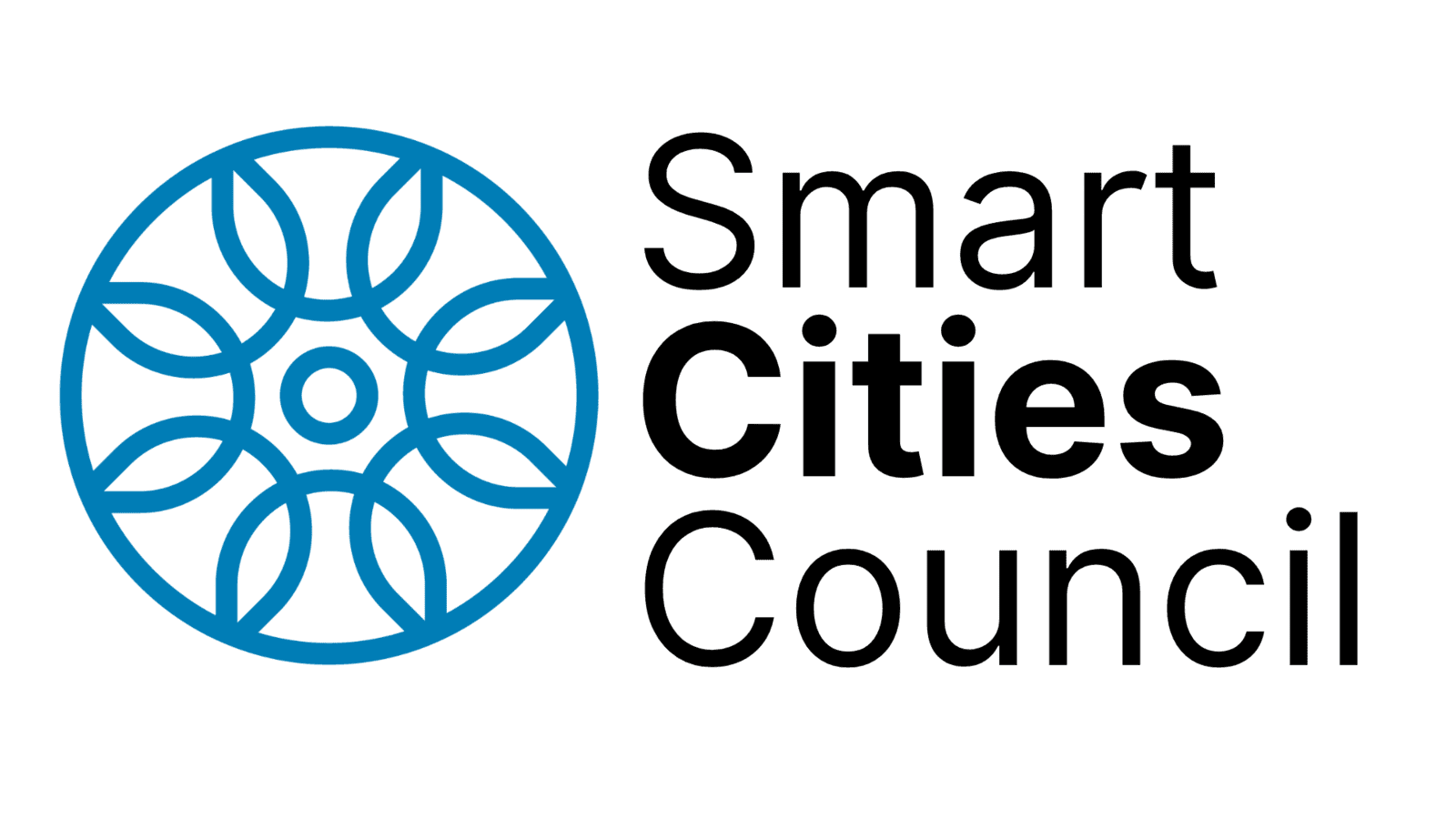Smart Cities Council Asia Pacific has welcomed GHD as a new member - a partnership set to accelerate progress on the pressing challenges facing cities across the region. This move unites GHD’s experience in advisory, design, and project delivery with the Council’s vision for smarter, more sustainable, and people-centric urban environments.
Driving Systems Thinking for Next-Gen Infrastructure
With urbanisation and technology demands soaring across Asia Pacific, GHD champions integrated systems thinking, an approach that views cities as interconnected, adaptive systems. This is vital as the need for building energy-efficient infrastructure, scaling digital connectivity, and adopting sustainable practices grows.
“We are tremendously proud to join the Smart Cities Council and bring GHD’s legacy of technical excellence, systems integration and people-first design to an even wider network. The opportunity to help shape standards for data, sustainability, and interoperability in the built environment is a privilege and a responsibility we take seriously, it’s about future-proofing assets and leaving a legacy for generations to come.”— Andrew Morrison, Australian Market Leader – Property & Buildings | GHD Principal
At recent APAC infrastructure and digital summits, “systems approaches” have been highlighted as critical for resilience, equity, and economic growth. GHD’s methods align with these imperatives, bringing together a global network of architects, engineers, urban planners, project managers, and digital specialists to support communities through:
- Building sciences and engineering
- Digital design and data analytics
- Urban planning and land development
- Materials technology and circular procurement
- Project management and community engagement
Their future-focused approach contributes to sustainability while delivering lasting community benefit, from business case to project handover.
“The built environment sector is at a pivotal moment. Rapid urbanisation, climate risks, and digital innovation require new models of collaboration and leadership. Bringing together leading organisations like GHD with our member cities and partners allows us to raise the bar and set benchmarks for resilient, data-driven and human-centred cities across the region.” — Robyn Francis, Smart Cities Council Asia Pacific
Smart Built Environment Task Force Supporting Partner
Following GHD’s participation in a recent SCC webinar, a critical need was identified: to establish a dedicated task force aimed at developing technical specifications for the collection, transfer, and storage of data within the built environment. With GHD as a Smart Built Environment Task Force Supporting Partner, this group will work to create a simple, practical framework or standard that can be widely adopted - from engineers to asset managers and building owners. Over the next 12 months, the task force will also document and share proven case studies, demonstrating the tangible benefits of interoperability and open data. More information: Unlocking the Value of Building Data
Setting a New Benchmark for Collaboration
GHD’s inclusion in the Smart Cities Council Asia Pacific comes at a critical time, as the region faces unprecedented demand for smarter, greener, and more inclusive infrastructure. Their community-first, systems-based methodology is primed to help stakeholders turn complexity into clarity and deliver assets that create enduring value for citizens and cities - addressing the digital, climate, and social imperatives defining the APAC infrastructure agenda.
APAC is now home to nearly 40% of OCP-certified data centre facilities, and cities across the region are investing in AI-ready data centres, high-speed connectivity, and resilient digital platforms to support the next wave of capability across the built environment.
Governments and industry leaders are accelerating renewable energy integration and low-carbon construction, including advanced battery storage initiatives in the Philippines and green building codes in Australia. GHD is contributing leadership and technical know-how to these efforts, as seen in its sustainability-driven projects and circular procurement guides.
With over US$2 trillion in smart city investment projected by 2025, APAC cities are prioritising technology for citizen well-being, carbon reduction, and resource efficiency. GHD’s integrated, digital-first approach exemplifies the region’s commitment to delivering tangible, future-proof results.
Major regional infrastructure projects—such as hospital expansions in Melbourne and digital upgrades across Southeast Asia—reflect a region-wide push for resilience, adaptability, and inclusive economic growth. Hospital expansions in Melbourne and digital upgrades across Southeast Asia—reflect a region-wide push for resilience, adaptability, and inclusive economic growth.
Case Study Highlights: Purposeful Impact in the Built Environment
As Smart Cities Council Asia Pacific’s newest member and a key Smart Built Environment Task Force Supporting Partner, GHD is uniquely placed to help cities and their stakeholders turn challenges into lasting community benefit. This partnership marks a new chapter in data-driven, human-centred and resilient urban development - showcasing how collaboration, innovation, and technical excellence can unlock opportunity and value for all.

